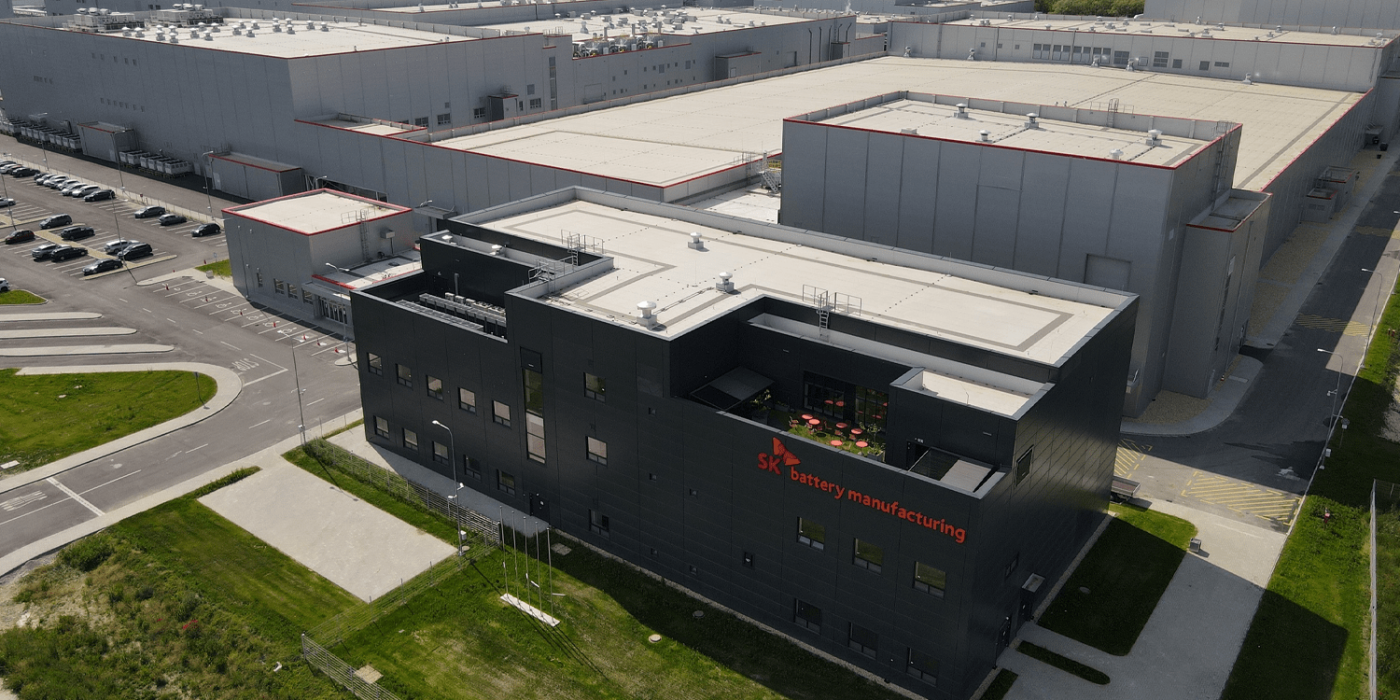SK On to manufacture LFP battery cells
SK On, the battery division of SK Innovation that was spun off at the beginning of October, is now also developing LFP batteries for electric vehicles. The company also expects its battery business to be profitable next year.
The cheaper and more stable LFP batteries are receiving more and more attention, among other things due to the continuing price increase for basic materials such as cobalt. So now SK On, SKI’s spun-off battery division, is also commenting on development plans for LFP batteries.
“We are developing high-performance LFP batteries with high energy density and fast charging speed, based on our technological capabilities that have led the market for high energy density NCM batteries,” Yoon Hyung-jo, SK On’s head of planning, told an investor conference.
Lithium iron phosphate cells have long been ignored by many carmakers because of their lower energy density – they were mostly concerned with being able to store as much energy as possible in the available installation space. Due to the price increases for raw materials such as cobalt, nickel and manganese and the increasingly dense charging network, the cheaper and more robust LFP cells are coming back into focus.
Tesla already relies on LFP cells from CATL on a large scale. At the presentation of the business figures for the third quarter, Elon Musk confirmed that in future all Standard Range models would be equipped with LFP cells – until now this was only the case for Teslas built in China. Tesla is also apparently on the lookout for a second LFP supplier: rumours had grown that the electric car manufacturer had placed an initial order with BYD. But Tesla is also said to have placed another order for LFP battery cells with CATL.
Volkswagen also wants to rely on LFP cells for the upcoming MEB Entry models. “These cells are cheap and robust, they can withstand many charging cycles,” said Frank Blome, head of the Center of Excellence Battery Cell, at the ‘Power Day‘ earlier this year. “This makes them very promising for vehicles with short ranges.” Mercedes-Benz will switch to cheaper but less powerful batteries for electric models in the lower price segment in future to counteract increasing costs for some battery metals. This step has been announced for two models.
But the news about LFP is also increasing among suppliers: Only recently, the Serbian company ElevenEs announced a strategic partnership with EIT InnoEnergy to build the first LFP lithium-ion battery gigafactory in Europe. LG Energy Solutions, on the other hand, is currently developing LFP pouch cells, according to media reports. It therefore comes as little surprise that SK On is also following the trend.
In addition, SK Innovation signed a development agreement with the US solid-state battery specialist Solid Power a few days ago and will also invest in the latter. The declared goal is to develop a solid-state battery with an energy density of at least 930 Wh/l.
Ford, on the other hand, will invest 11.4 billion US dollars together with SK Innovation in the construction of two new sites with assembly and battery plants in Tennessee and Kentucky. “The current order volume SK has received so far was some 1.6 terawatt-hours (TWh) because of the base effects from the recent establishment of SK’s battery joint venture with Ford. In terms of monetary worth, this is about 220 trillion won,” Yoon Hyung-jo said, adding that the company is also in talks with other global automakers to win more EV battery orders, in addition to its customers such as Hyundai-Kia and Ford.
SK Innovation reported battery business revenue of around €601.5 million for the third quarter of 2021, a new record. Compared to the same quarter last year, this is an increase in turnover of 68 per cent. According to SKI, the increase in battery sales was achieved, among other things, by the higher utilisation of the factories in Yancheng and Huizhou in China, which started mass production in the first half of this year. Given the rapid growth of electric vehicles, SK Innovation plans to “aggressively invest” in the battery business with the goal of reaching a total annual production capacity of over 85 GWh by 2023 and over 125 GWh by 2025.
koreatimes.co.kr (LFP), skinnonews.com (quarterly report)





1 Comment